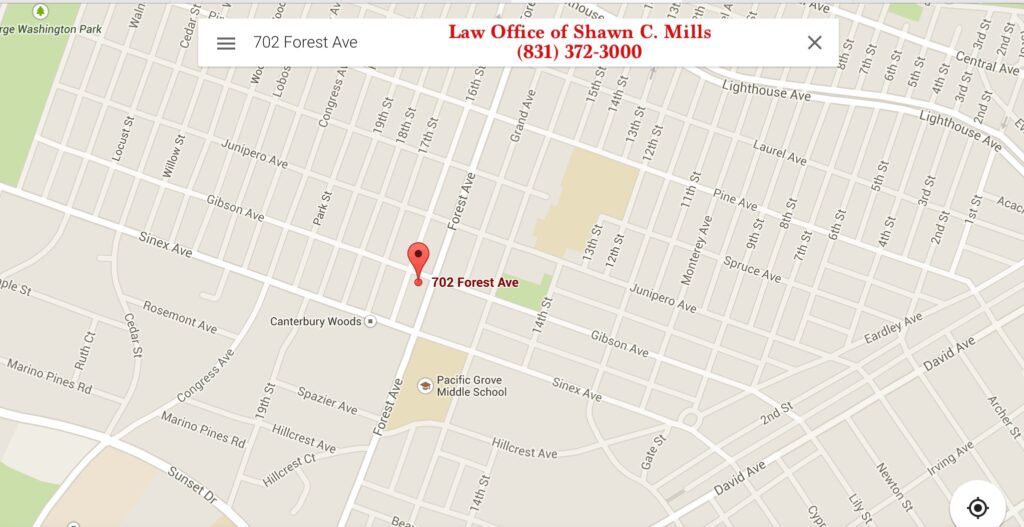
If you are found guilty, the sentencing hearing is where the judge determines and imposes the appropriate punishment. You may be sentenced to probation instead of a term in state prison. Different crimes carry different possible penalties. You are entitled to a sentencing hearing to propose why you believe the judge should give you the lowest possible penalty.
A few weeks after the defendant is found guilty or accepts a plea agreement, they return to court to be sentenced.
The judge receives guidance and assistance from several sources in order to sentence a defendant. In the Superior Court, the Probation Department is in charge of interviewing the defendant and getting a eyes-on look at the defendant’s life; something that the judge would never have the time to do. The Probation Report is a summary of the defendant’s life and a history of his crimes. At the end of the Probation Report is the most important thing; a recomendation from the Probation Office as to what your scentence should be. The judge usually follows the probation report pretty closely, but the judge always can give a lighter or heavier scentence to the defendant.
The California Penal Code has established minimum and maximum punishments for many crimes which the judge uses to craft a sentence. The Judicial Counsel of California has produced a set of sentencing guidelines that recommend certain punishments for certain crimes while considering various factors. Further, the judge will look at a presentence report and consider statements from the victims as well as the defendant and lawyers.
The judge may consider a variety of aggravating or mitigating factors. These include whether the defendant has committed the same crime before, whether the defendant has expressed regret for the crime, and the nature of the crime itself.

Shawn C. Mills, Attorney at Law #189893
MONTEREY CRIMINAL DEFENSE SERVICES
702 Forest Avenue, Suite A
Pacific Grove, CA 93950
(831) 372-3000 or
(831) 521-Six-Two-Six-Five

